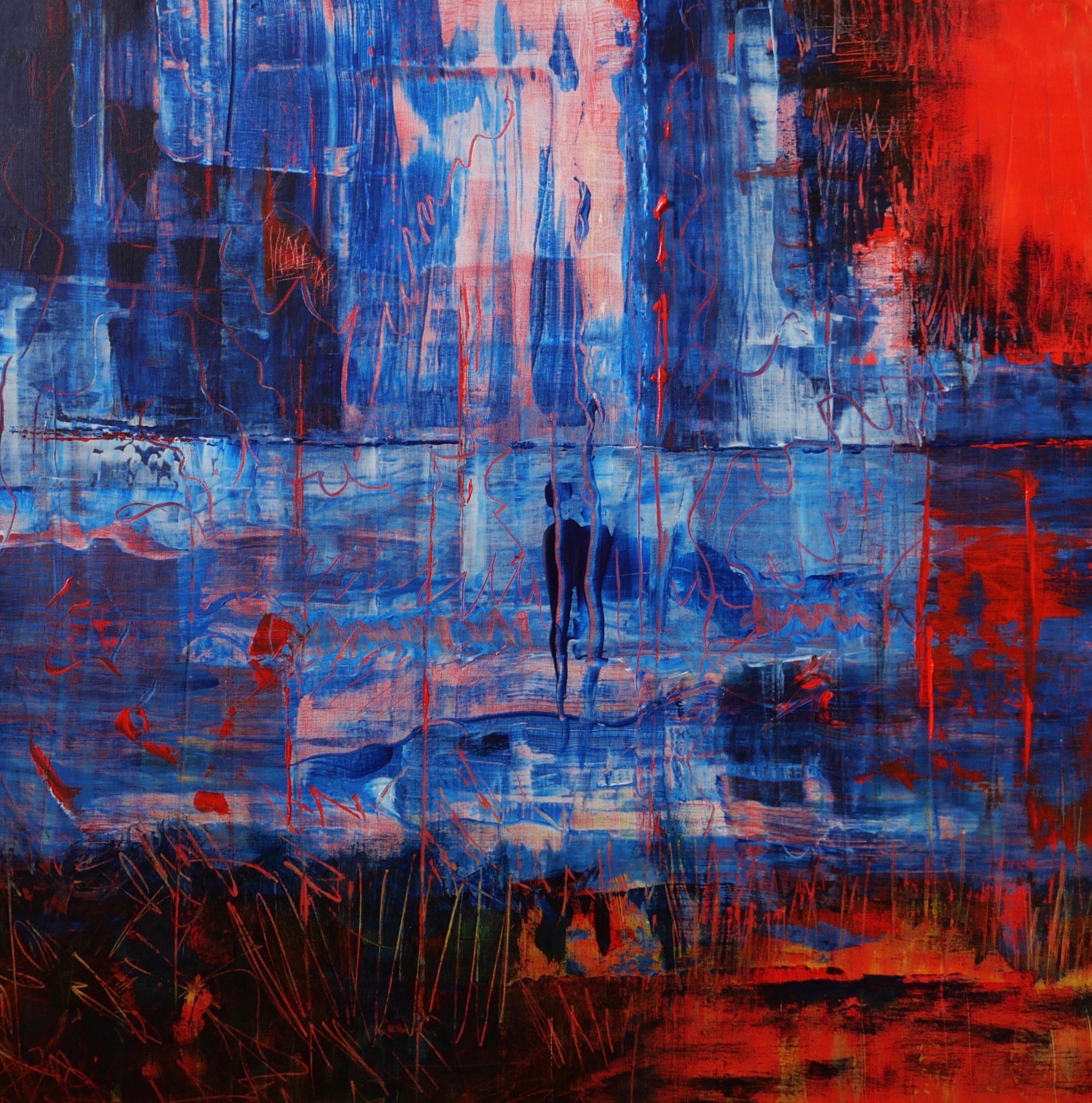I’m not sure to what extent innocent audients assume that their favourite musicians and artists continue to develop throughout their performing life: personally, musically, creatively. My experience: not all. Some stop, and for various reasons.
Perhaps, in mid-life after achieving a degree of professional success, they set themself the aim of “being happy” or “comfortable”. While a legitimate choice, after the battering professional musicianship hands out, if happiness is the aim, the creative life moves a step away. Happiness may be an outcome of creative work, but can never be the aim; and satisfaction a more likely outcome from good work than happiness.
Comfort is death for the artist.
Perhaps the aim is personal popularity and acclaim, commercial success and/or income generation – the One Big Cheque.
Musical activity, essentially a social undertaking in a wider sense (music, musicians, audients, performing contexts and circumstances – e.g. sound engineers, tour managers, technicians, promoters, agents); within the context of a performing ensemble – e.g. string quartet, gamelan, choir, marching band, symphony orchestra, jazz/rock group – the group work is, at least potentially, a creative activity that is collaborative. So, where any particular member sees themself as the centre of attention, star of the show, directing force, indispensable to the event – look out! Increasingly, and especially in a longer-term project, the creative life of the outfit begins to wither; becomes more professional, less creative; more functional, increasingly fixed.
The Fall From Musical Grace…
Spontaneous composition
Improvisation
Extemporisation
Hot licks
Noisefest…
April 1961: my first beat group – The Ravens. I have sixty-three years of learning how good/great players manage to get in their own way, and the way of others, in group work that aspires to creativity. Now, with sufficient distance in time to notice the consequences and repercussions on the lives of players, of their decisions and choices made years ago. Some of these choices were “consciously” made, some a series of inevitable outcomes from Blind Spot (where we are unknowing of our most fundamental, directing imperative).
So, a practical question: How do we get to know our out-of-sight Primary Drivers?
Practical answer number one: We begin by Doing Nothing.
In time, we begin to know the distance between who-we-are and what-we-are, and find a place to operate within that space.
Practical answer number two: we ask someone who can see us.
Robert Fripp
Sunday 24th. May, 2020
Bredinborough, Middle England

